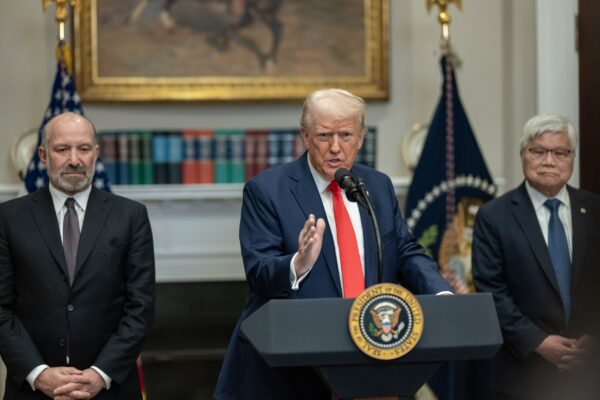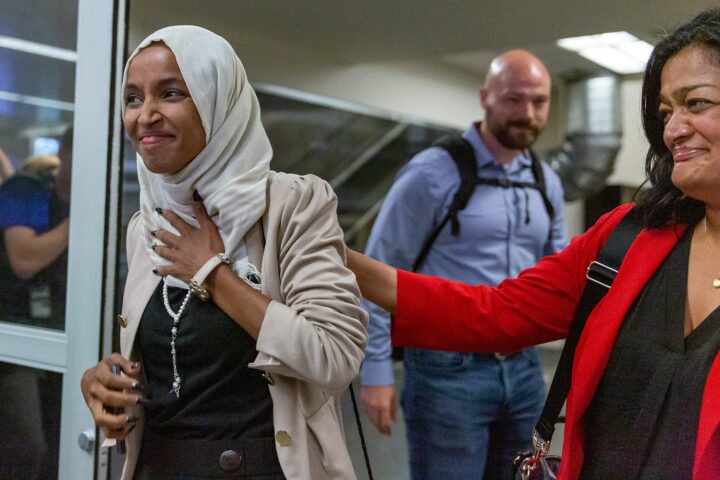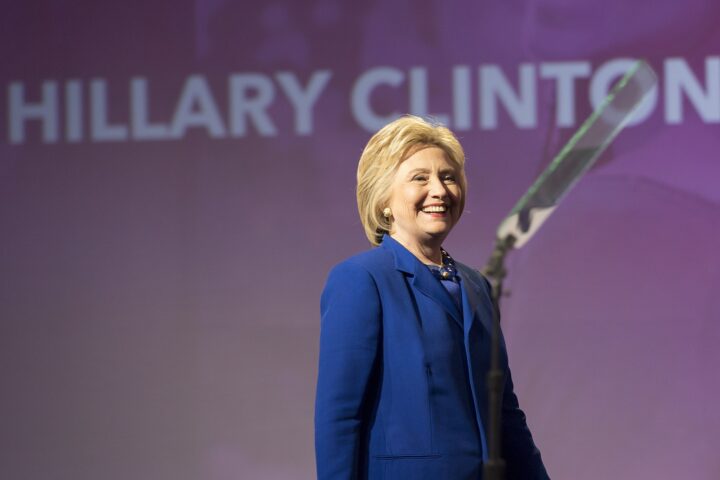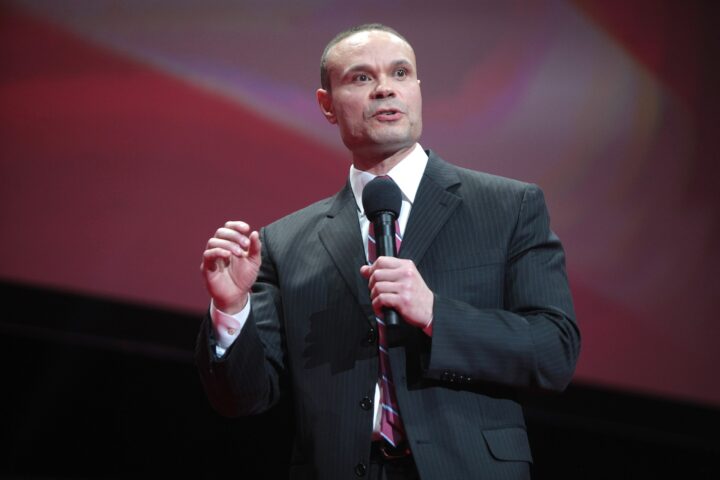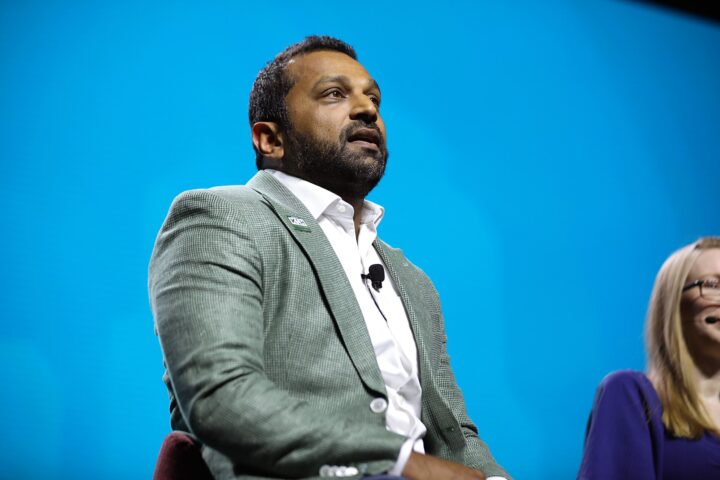President Donald J. Trump, standing alongside newly elected British Prime Minister Keir Starmer, reportedly issued a sharp rebuke of Russian President Vladimir Putin on Monday, following a missile strike that reportedly targeted an apartment complex in Kyiv, injuring at least eight people, including a 3-year-old child.
“We thought we had that settled numerous times,” Trump said, expressing frustration over the latest escalation in the long-running Russia-Ukraine war. “And then President Putin goes out and starts launching rockets into some city, like Kyiv, and kills a lot of people in a nursing home or whatever. You have bodies lying all over the street. And I say, that’s not the way to do it.”
The president’s remarks reflected a notable shift in tone — an increasingly direct approach toward the Kremlin as the war drags on despite earlier diplomatic overtures. “I’m very disappointed. I’m disappointed in President Putin. Very disappointed in him,” Trump said, emphasizing his dismay over the strike and the broader trajectory of the conflict.
The attack in Kyiv appeared to cross a line for Trump, who had previously advocated for a rapid end to hostilities through tough, transactional diplomacy. Now, the president is signaling he’s prepared to accelerate pressure on Moscow — and that patience is wearing thin.
“I’m going to reduce that 50 days that I gave him to a lesser number,” Trump said of the original timeline he had offered Putin to pursue peace, “because I think I already know the answer to what’s going to happen.”
U.S. President Trump tells reporters in Scotland that he is giving Russia and President Vladimir Putin “10 to 12 days from today” to begin serious negotiations to end the invasion of Ukraine, adding that “There’s no reason they’re waiting, it’s 50 days, I wanna be generous, but… pic.twitter.com/woFrpBZ1pf
— OSINTdefender (@sentdefender) July 28, 2025
While Trump has often drawn fire from critics for what they allege is a conciliatory stance toward Russia, Monday’s remarks paint a different picture: a president not only voicing moral outrage, but also willing to adjust his strategy when he sees signs of betrayal or defiance from world leaders.
His comments, delivered during a joint appearance with Starmer, come at a pivotal moment. Starmer, representing a traditionally left-leaning British Labour Party, is navigating the complexities of European diplomacy just days into his tenure.
Yet on this occasion, it was the American president who took the rhetorical lead, sending a pointed message to Moscow.
The administration’s tougher line on Russia may also reflect shifting dynamics at home, where Trump’s foreign policy — particularly his insistence on “America First” realism — is being reinterpreted in light of ongoing global instability.
Rather than entangling the U.S. in endless foreign conflicts, Trump has sought to condition support and engagement on measurable outcomes and timelines — an approach that now includes holding adversaries publicly accountable.
Trump’s disappointment in Putin is not just personal, but strategic. His evolving posture signals that while diplomacy remains on the table, the days of tolerance for delay and destruction may soon be over.
As the president himself put it: “We’ll see what happens with that.” But based on Monday’s tone, what happens next could come sooner than expected.
[READ MORE: Trump Announces That Obama Likely Has Immunity]

